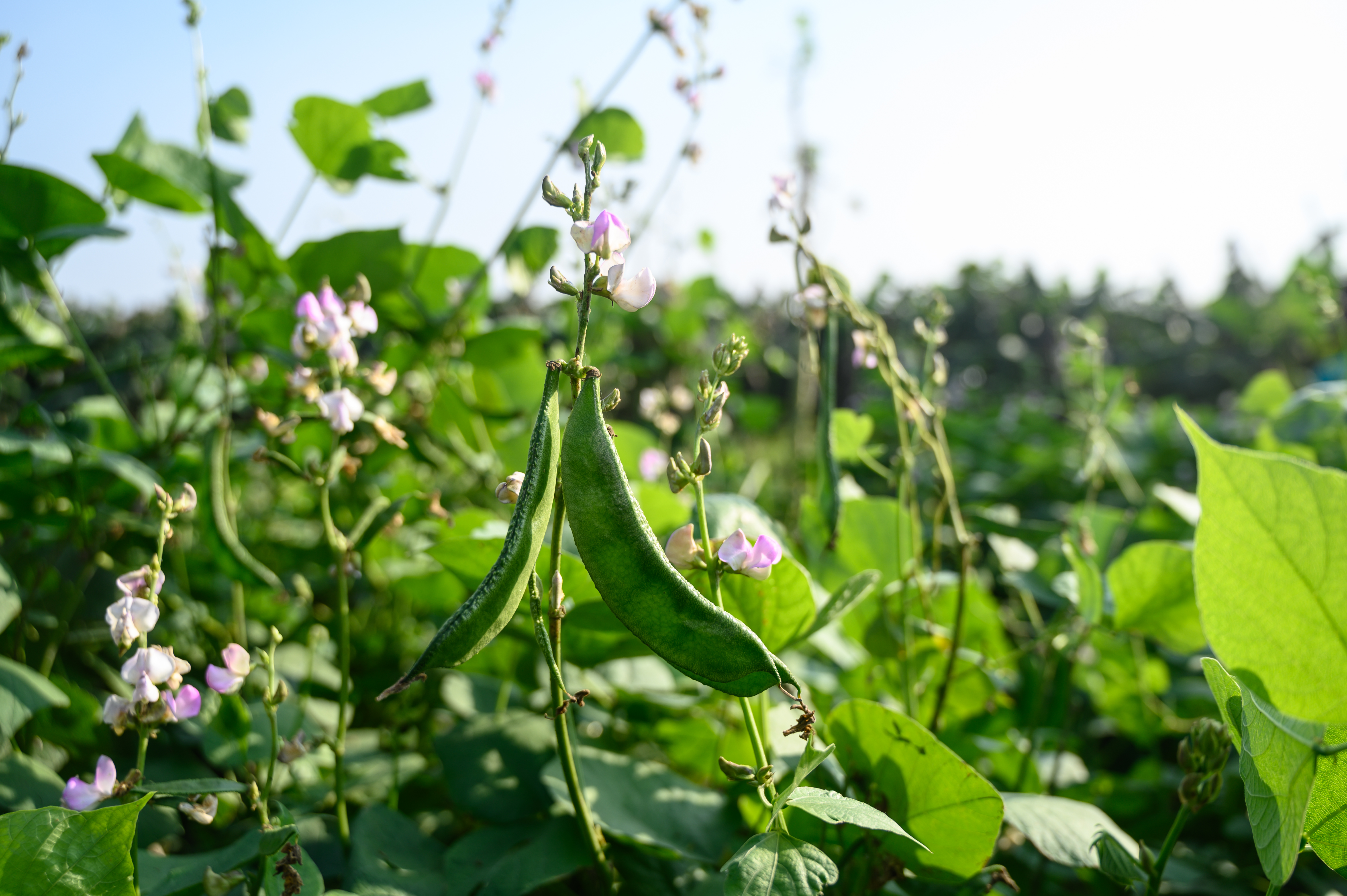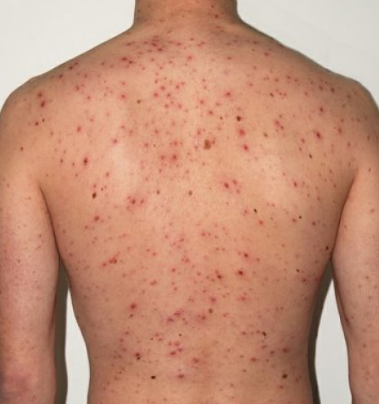Chewing gum made from beans has been shown to reduce the viral load of some strains of herpes and influenza, according to a new study from the University of Pennsylvania School of Dental Medicine . Made from lablab beans, the gum was found to neutralize herpes simplex viruses 1 and 2, as well as two strains of influenza. According to the study, 40 mg of a two-gram bean gum tablet reduced the amount of virus in a person's blood by more than 95% and defended the body against the disease for up to 823 days when the gum was stored at room temperature.
Citing shrinking vaccination rates for the flu and the lack of a herpes vaccine, researchers at UPenn Dental have been looking for a way to combat transmission of the two viruses, and one that does so at the primary point of transmission: the mouth. Their study, conducted with collaborators in Finland, was published in Molecular Therapy . According to the World Health Organization , HSV-1 affected 64% of the world's population in 2020.

Another 520 million people aged 15–49 years were affected by HSV-2 that same year. The National Library of Medicine lists the disease as the leading cause of infection-induced blindness worldwide. Lablab beans, also known as hyacinth beans, naturally contain an antiviral trap protein (FRIL) which binds to viruses and prevents them from spreading throughout the body.
A similar study conducted in 2020 found the beans to successfully prevent the spread of SARS-CoV-2, a strain of the coronavirus, as well as several strains of human and avian influenza. Now, Penn Dental Medicine professor Henry Daniell and his colleagues are hoping to use their research to combat the influx of bird flu cases across the U.S.
that began earlier this year..
Gum containing bean powder can reduce transmission of flu, herpes, UPenn Dental Medicine study finds

Chewing gum made from beans has been shown to reduce the viral load of some strains of herpes and influenza, according to a new study from the University of Pennsylvania School of Dental Medicine.Made from lablab beans, the gum was found to neutralize herpes simplex viruses 1 and 2, as well as two strains of influenza. According to the study, 40 mg of a two-gram bean gum tablet reduced the amount of virus in a person’s blood by more than 95% and defended the body against the disease for up to 823 days when the gum was stored at room temperature.Citing shrinking vaccination rates for the flu and the lack of a herpes vaccine, researchers at UPenn Dental have been looking for a way to combat transmission of the two viruses, and one that does so at the primary point of transmission: the mouth. Their study, conducted with collaborators in Finland, was published in Molecular Therapy.According to the World Health Organization, HSV-1 affected 64% of the world’s population in 2020. Another 520 million people aged 15–49 years were affected by HSV-2 that same year. The National Library of Medicine lists the disease as the leading cause of infection-induced blindness worldwide.Lablab beans, also known as hyacinth beans, naturally contain an antiviral trap protein (FRIL) which binds to viruses and prevents them from spreading throughout the body. A similar study conducted in 2020 found the beans to successfully prevent the spread of SARS-CoV-2, a strain of the coronavirus, as well as several strains of human and avian influenza.Now, Penn Dental Medicine professor Henry Daniell and his colleagues are hoping to use their research to combat the influx of bird flu cases across the U.S. that began earlier this year.













